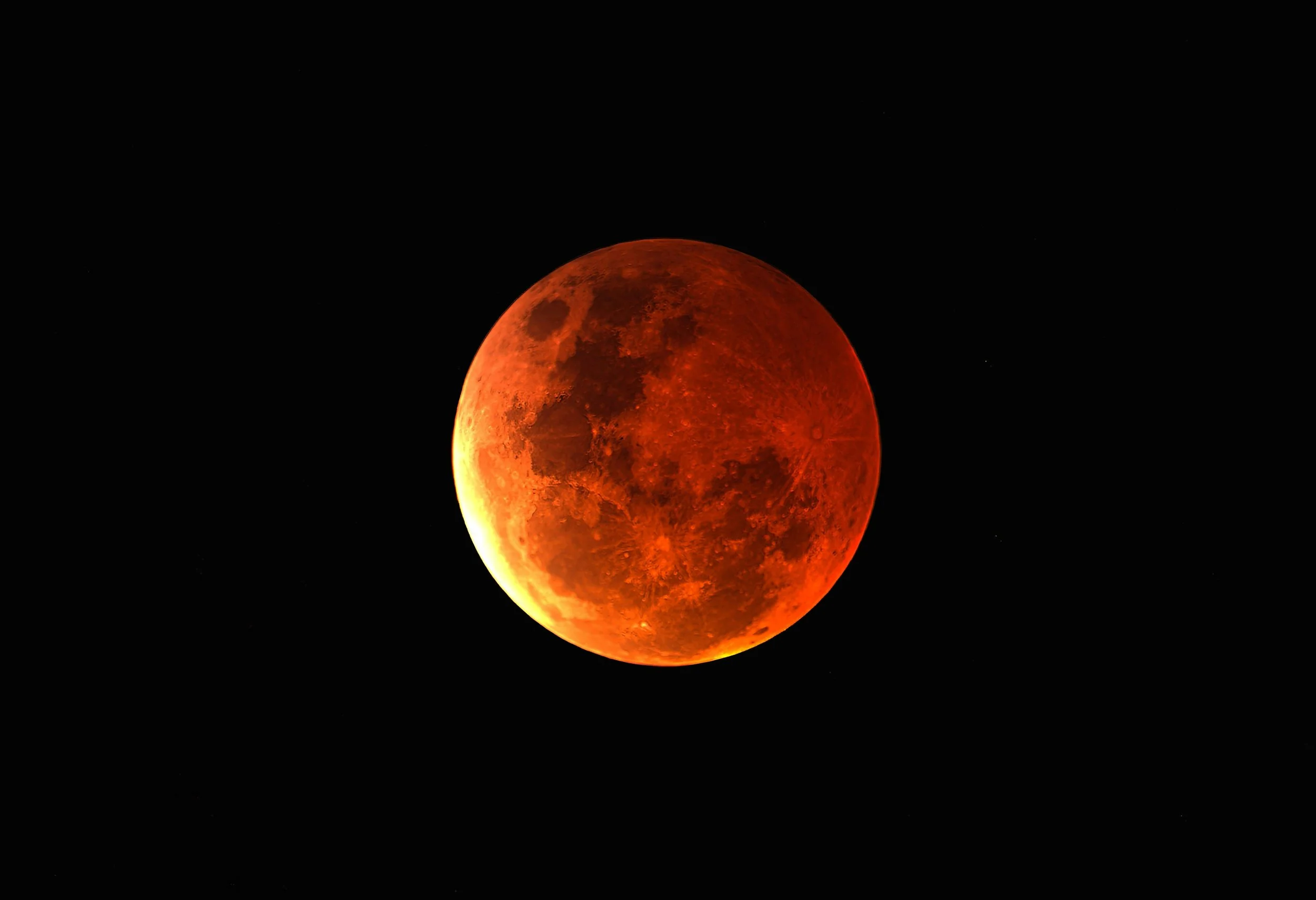When I Lived
Originally Published in Nasuvwen, Tharunka, 2018
When I lived, life was good.
The seas were gentle and the fish were plenty. The air was fresh and the soil was soft. The sun used to kiss me on my face, and the moon would sing me to sleep.
I watched my mother make magic in our garden. Her hands would enter the soil bare, disappearing beneath the surface only to reemerge with food. As I aged, I learned how to grow food, but I saw magic in her nevertheless.
My father would leave our home in the mornings and find his in the waves. He made his canoe as he made his children - strong, lean, and ready for the ocean. And like his canoe, he made me with patience and love.
____________________________________________
My daughter was a strong woman.
When she lived, life was different.
Her gardens gave her the food I could no longer provide from the grave, and soon enough, she had little hands to show her magic to. But soon strangers came, and called her magic witchcraft.
She was made to cover her body with another woman’s clothing, as if it were something to be ashamed of. She was punished for loving our gods, and was forced to love theirs. They made her pray on her knees as if she was a slave. I suppose she was.
____________________________________________
Her daughter was a different woman.
When she lived, life had changed.
Her hands were too soft to create magic, and she ate food someone else had harvested. The air was different and the fish were rarer. She was unlike her father’s canoe - frail, soft, and afraid of the ocean.
Her mother never loved her God, but she did. She called our ways witchcraft, and called her brothers savages. She prayed to a man she had never seen before until all but her skin had turned into the foreign women she dressed like.
____________________________________________
Her son was a white man with a black face.
When he lived, life had changed still.
He was arrogant, greedy, and violent. He grew to hate his colour as his mother had done before him, and took pride in the way his tongue shaped the foreign words spoken by the invaders. He thought it made him wiser.
He beat his wife as he had seen his pastor do. Women were no longer his equal. He thought he was better than his sisters because the white man wouldn’t let them into his school. The white man built his school on the graves of my brothers.
_______________________________________________________________
His daughter had never seen magic.
When she lived, life was new.
She travelled on roads instead of waves and slept on foam instead of mats. She could only sometimes remember the way the sand felt beneath her toes. Her father refused to educate her, so when she tired of her husband’s violence, she was alone in a city her people didn’t build.
So she created her own magic. She sold lollies under the sun to feed her baby, and sold love under the moon to feed herself. When she returned to the sand she once knew, it was submerged in water. Fishes now lived in the home she had left behind.
____________________________________________
Her daughter was a chief without a throne.
When she lived, life was newer still.
She was the first woman in her family to go to school, and soon she was the first in her family to get a degree. Eventually, she was the first of her village to cross the ocean to learn about healing. When she returned, she was history with feet.
She loved the white man’s god and spoke the white man’s language. But she also taught the white man medicine. She went back to the village to heal her people often, refusing to be paid in the white man’s money. Some of their children couldn’t breathe.
____________________________________________
Her son is the man before you.
As he lives, life is what he makes it.
He knows not of his first language nor of his first gods, but he knows of me. And he whispers me back to life every chance he gets. He rejects the white man’s god and refuses to be defined by their language. He loves the colour we both share on the surface of our skin. He is as he is, and he will never apologise.
He has never sailed a canoe, but he is very much like my father’s - strong, lean, and ready for the ocean. He will heal the seas the white man has infected, and he will bring life back into the oceans they have killed. He is just as much of me as I am of him.
And one day, he will say that as he lived, life was good.
